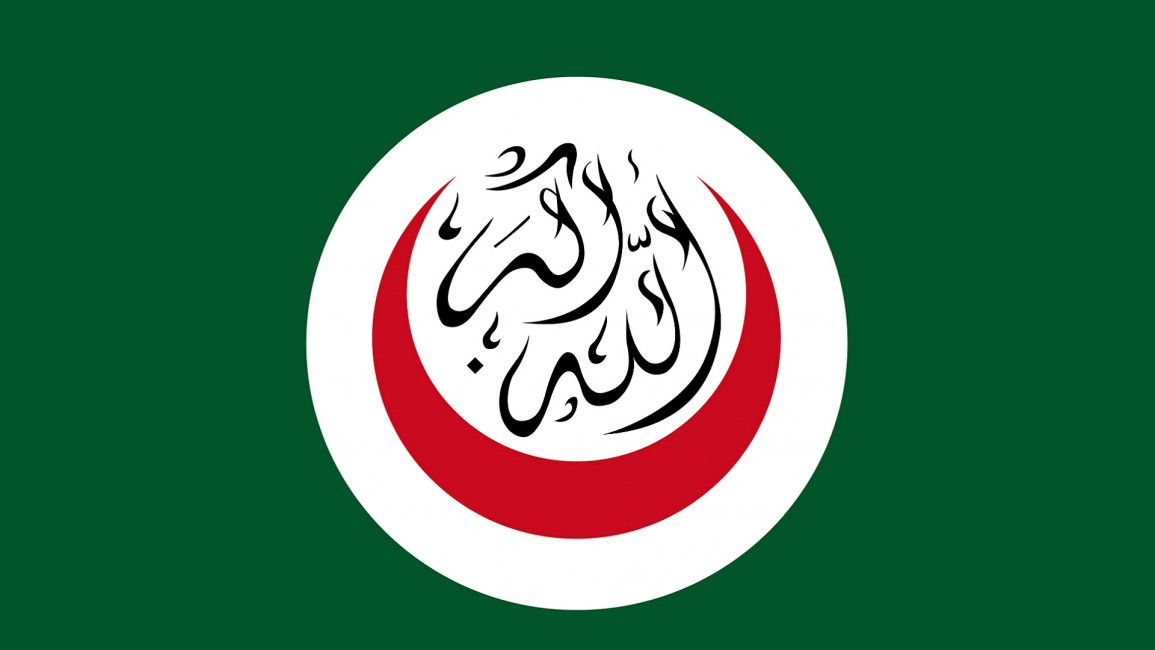Islamic nations hold emergency summit over Israel’s bombardment of Gaza
The 57-nation Organization of Islamic Cooperation opened an emergency meeting on Sunday over Israel’s deadly attacks on the Gaza Strip, the first major move among Mideast nations still grappling with how to address the conflict.
While the Arab League and the Saudi-based OIC usually express sympathy with Palestinians and have officially supported Palestinian demands for statehood, last year four Arab states signed controversial normalisation deals with Israel.
The response to Israel’s recent attacks on Gaza, which have killed 174 people, and the assaults on Palestinian worshippers in Jerusalem which preceded them has therefore been somewhat more muted than in the past.
“The plight of the Palestinian people is the bleeding wound of the Islamic world today,” Afghan Foreign Minister Mohammad Haneef Atmar said.
Foreign Minister Riad Malki of the Palestinian Authority, which administers autonomous enclaves in the Israeli-occupied West Bank, decried what he called Israel's “cowardly attacks” at the start of the meeting.
“We are facing a long-term occupation. that’s the base of the problem. Crimes are committed against the Palestinians without consequences,” he said.
The Palestinian Authority does not currently control the Gaza Strip, which has been ruled by Hamas since 2007.
Turkish Foreign Minister Mevlut Cavusoglu also strongly condemned the Israeli attacks.
|
|
“Israel alone is responsible for the recent escalation in East Jerusalem, the West Bank and Gaza,” Cavusoglu said. "Our warnings to Israel last week went unheeded.”
Iranian Foreign Minister Mohammad Javad Zarif accused Israel of “genocide and crimes against humanity."
“Make no mistake: Israel only understand the language of resistance and the people of Palestine are fully entitled to their right to defend themselves,” Zarif said.
Reaction to the Israeli assaults have been mixed in the Gulf region.
In Qatar, hundreds of people turned out late on Saturday night to listen to a speech by Hamas leader Ismail Haniyeh, who now splits his time between Turkey and Qatar.
“The resistance will not give in,” Haniyeh vowed. He added that “resistance is the shortest road to Jerusalem” and that Palestinians will not accept anything less than a Palestinian state with Jerusalem as its capital.
Kuwait's parliament speaker reportedly spoke with Haniyeh on Saturday, as did Qatar's foreign minister. So too did Gen. Esmail Ghaani, the head of the expeditionary Quds Forces of Iran's paramilitary Revolutionary Guard.
By contrast, reaction in Bahrain and the United Arab Emirates has been more muted. Both countries reached normalisation deals with Israel last year.
Those nations, as well as Saudi Arabia, still officially support Palestinians obtaining their own independent state. However, government-linked media in those nations haven't been covering the current flare-up of violence nonstop like other networks in the region.
Read more: How are Saudi and Emirati media covering Israeli violence against Palestinians?
However, there have been expressions of dissent. In the island nation of Bahrain, civil society groups signed a letter urging the kingdom to expel the Israeli ambassador over the violence. In the UAE, where political parties and protests are illegal, Palestinians in the workforces of Abu Dhabi and Dubai have expressed their anger quietly, worried about losing their residency permit. Some Emiratis also have expressed concerns.
“The region’s only democracy," the Emirati writer and political analyst Sultan Sooud Al Qassemi tweeted sarcastically about Israel's strike on a Gaza building that housed the offices of The Associated Press and Al-Jazeera.
Cavusoglu, the Turkish foreign minister, criticized OIC members who reached normalisation deals with Israel.
“There are a few who have lost their moral compass and voiced support for Israel,” he said. “If there are half-hearted statements within our own family, how could we criticize others who [don't] take our words seriously?"
Zarif also called those with normalisation deals naive, saying Israel designed them to divide the Muslim world.
“The massacre of Palestinian children today follows the purported normalisation,” he said. “This criminal and genocidal regime has once again proven that friendly gestures only aggravate its atrocities.”
Follow us on Facebook, Twitter and Instagram to stay connected



